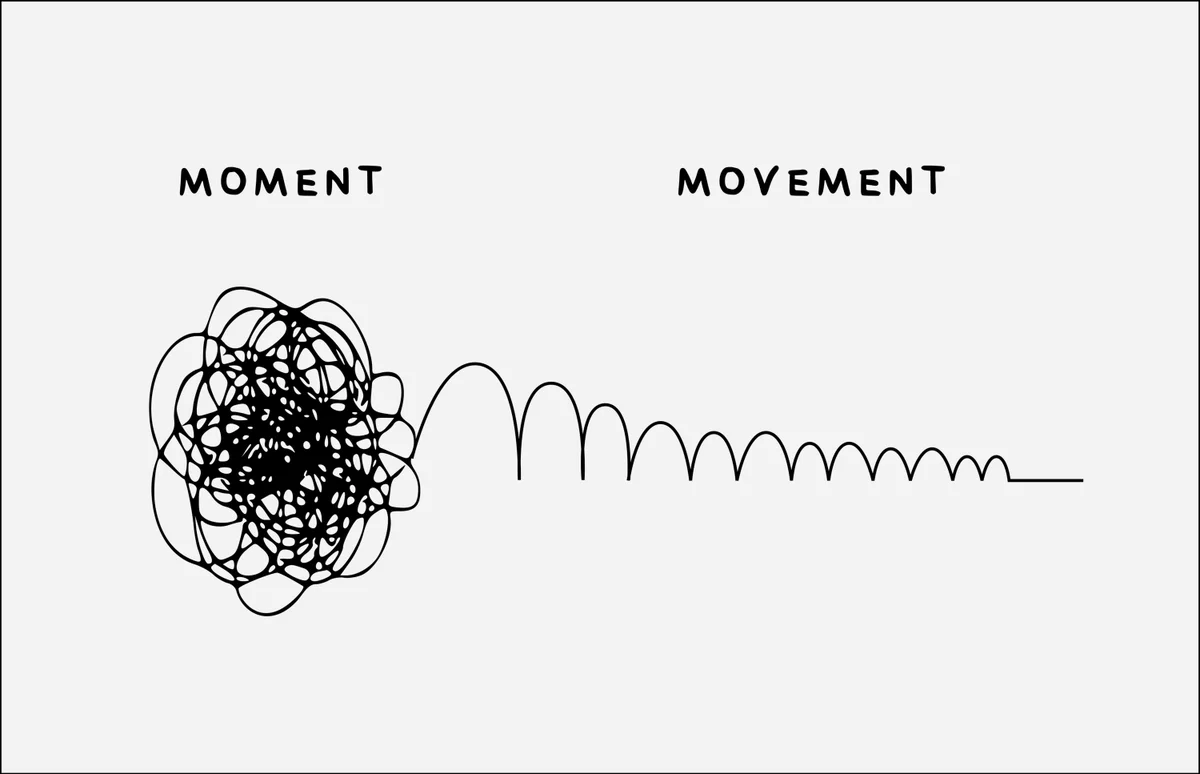Psychology and life are closely intertwined, with our thoughts, emotions, and behaviors shaping the way we experience the world around us.
Visuals can be a powerful tool for understanding and exploring the complexities of the human psyche, as they can convey complex concepts and ideas in a simple, easy-to-understand format.
Here are 10 powerful visuals about psychology and life that can help us gain a deeper understanding of ourselves and others, and ultimately lead to greater personal growth and fulfillment. Whether you’re a psychology student, a mental health professional, or simply someone interested in understanding the human mind, these visuals are sure to provide valuable insights and perspectives.
- The iceberg metaphor: This visual is used to explain the idea that our conscious thoughts and behaviors are just the tip of the iceberg, while the vast majority of our thoughts and behaviors are hidden beneath the surface in our unconscious mind.
- The maze metaphor: This visual is used to show the complexity of human behavior and how our thoughts and behaviors can be influenced by a variety of factors, including our environment, upbringing, experiences, and genetics.
- The tree metaphor: This visual is used to represent the idea that our thoughts and behaviors are rooted in our beliefs and values, which grow and change over time.
- The mirror metaphor: This visual is used to illustrate the concept of self-reflection and how it can lead to personal growth and development.
- The window metaphor: This visual is used to demonstrate the importance of perspective-taking and empathy in understanding others and building positive relationships.
- The puzzle metaphor: This visual is used to represent the idea that we are all unique and complex individuals, made up of many different pieces that fit together to form a complete picture.
- The spiral metaphor: This visual is used to show how our thoughts and behaviors can become stuck in negative patterns, but also how we can work to break free and create positive change.
- The garden metaphor: This visual is used to demonstrate the idea that our minds are like gardens, which require care and attention to grow and thrive.
- The butterfly metaphor: This visual is used to symbolize the process of transformation and change, which can be difficult but ultimately rewarding.
- The mask metaphor: This visual is used to represent the idea that we often wear masks to hide our true selves from others, but that true happiness and fulfillment come from being authentic and vulnerable.




